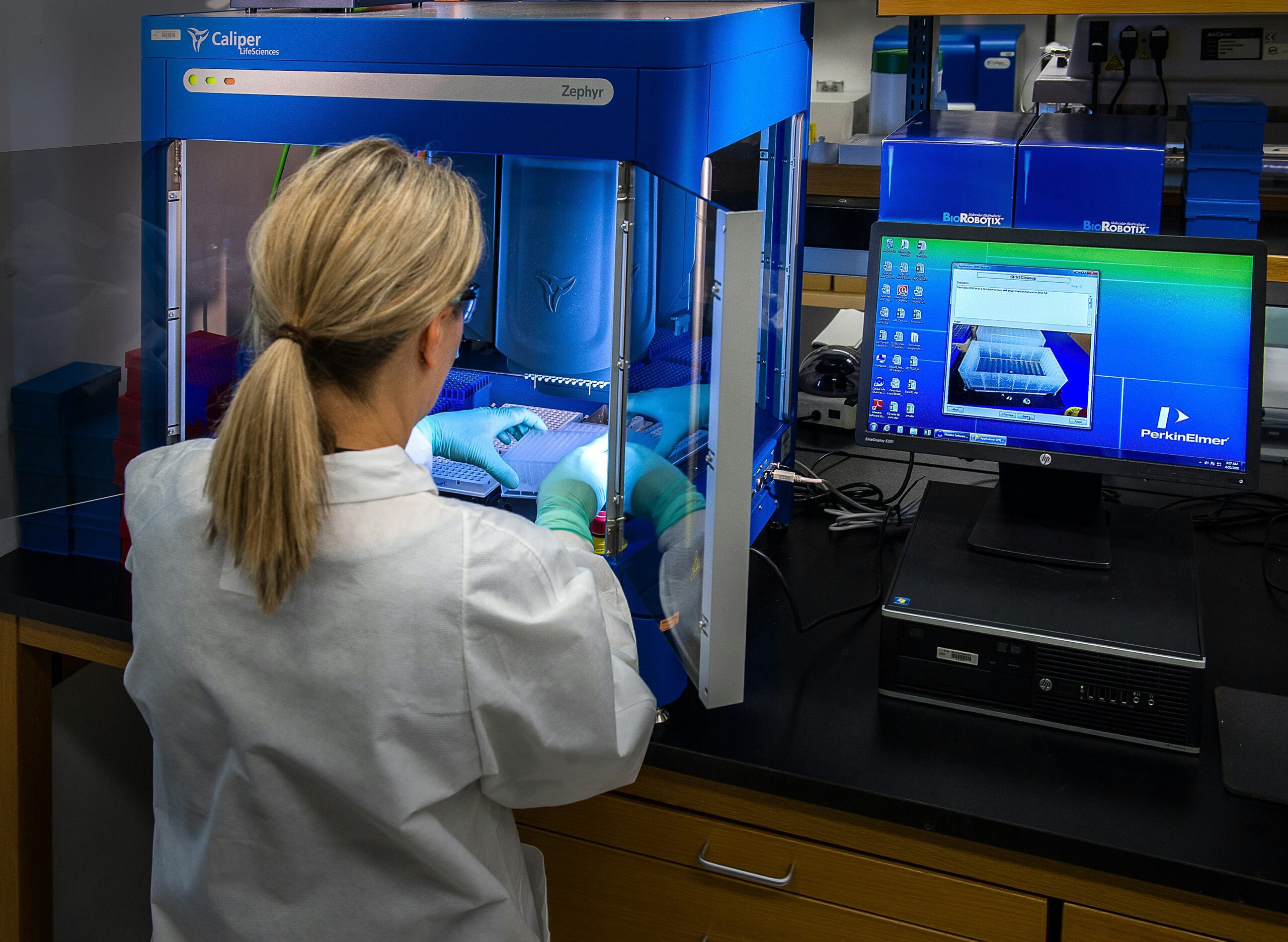Healthcare careers Industry
The healthcare industry is a vast and ever-evolving field that offers a multitude of rewarding career paths. Whether you’re drawn to direct patient care, cutting-edge research, or the intricacies of healthcare administration, there’s a role waiting for you to make a positive impact. This post delves into the diverse landscape of healthcare jobs, explores valuable skills to cultivate, and equips you with resources to kickstart your healthcare career journey.
Why Choose a Career in Healthcare careers?
Beyond the personal satisfaction of contributing to people’s well-being, healthcare careers offer a compelling mix of advantages:
- Stability and Growth: The healthcare sector is a constant, experiencing consistent growth due to an aging population and rising healthcare demands. This translates to job security and ample opportunities for advancement.
- Competitive Salaries and Benefits: Healthcare professions often come with attractive salaries and comprehensive benefits packages, including health insurance, retirement plans, and paid time off.
- Flexibility: The healthcare industry offers roles with varying schedules, from traditional full-time positions to part-time or freelance options. This caters to diverse work-life preferences.
- Meaningful Work: Healthcare professionals play a crucial role in improving lives. Whether it’s providing direct patient care, conducting life-saving research, or ensuring smooth healthcare operations, your contribution directly impacts people’s health and well-being.
Exploring the Spectrum of Healthcare careers Jobs
The healthcare industry encompasses a wide range of professions, broadly categorized into three main areas:
- Direct Patient Care: These roles involve providing hands-on care to patients, including:
- Physicians diagnose illnesses, prescribe medications, and manage treatment plans.
- Registered Nurses (RNs) administer medications, monitor patients’ conditions, and provide emotional and physical support.
- Licensed Practical Nurses (LPNs) assist RNs with patient care tasks.
- Paramedics provide emergency medical care in pre-hospital settings.
- Occupational Therapists help patients regain independence after injuries or illnesses.
- Physical Therapists restore mobility and function after injuries or surgeries.
- Healthcare Support: These roles contribute to the smooth functioning of healthcare facilities, including:
- Medical Assistants perform administrative and clinical tasks, assisting physicians and nurses.
- Phlebotomists draw blood from patients for tests and procedures.
- Medical Lab Technicians conduct diagnostic tests on blood and tissue samples.
- Pharmacists dispense medications and advise patients on their safe use.
- Medical Coders assign codes to diagnoses and procedures for billing purposes.
- Health Information Managers oversee the integrity and security of medical records.
- Healthcare Administration: These roles oversee the management and operation of healthcare facilities, including:
- Hospital Administrators manage the daily operations of hospitals and clinics.
- Healthcare Policy Analysts research and develop healthcare policies.
- Public Health Professionals work to prevent the spread of diseases and promote community health.
- Medical Social Workers provide emotional and social support to patients and their families.
- Healthcare Informatics Specialists manage and analyze healthcare data.
Remember, this is not an exhaustive list. There are many specialized healthcare professions within each category.
What Skills Are Essential for a Healthcare careers?
Regardless of the specific path you choose, some core skills are highly valued across the healthcare industry:
- Communication: Effective communication with patients, colleagues, and other healthcare professionals is paramount. This includes actively listening, clearly explaining medical information, and building trust.
- Critical Thinking and Problem-Solving: The ability to analyze situations, identify problems, and develop effective solutions is crucial for making informed healthcare decisions.
- Compassion and Empathy: Healthcare professionals deal with patients during vulnerable times. Demonstrating compassion and empathy helps create a supportive and trusting environment.
- Teamwork: Collaboration with other healthcare professionals is essential to provide comprehensive care. The ability to work effectively within a team is vital.
- Technical Skills: Depending on your chosen field, specific technical skills may be required. This could range from proficiency in medical software to knowledge of medical terminology.
- Attention to Detail: Working with patients requires a keen eye for detail and accuracy to ensure safety and well-being.
Additionally, some professions may call for specific physical capabilities, such as stamina and dexterity for direct patient care roles.
Finding the Right Healthcare Career for You
With so many options, choosing the right healthcare career can feel overwhelming. Here are some steps to guide you:
- Self-Assessment: Consider your interests, skills, and values. Do you enjoy working directly with patients? Are you drawn to research or administration?
- Research Different Roles (continued): Explore the various healthcare professions to understand the responsibilities, educational requirements, and salary ranges for each. Online resources like the Bureau of Labor Statistics HealthcareCareers and professional healthcare associations can provide valuable insights.
- Volunteer or Shadow: Volunteer or shadow healthcare professionals to gain firsthand experience and observe the daily realities of different healthcare settings.
- Talk to Professionals: Connect with healthcare professionals in your area of interest. They can share their experiences, offer guidance, and answer your questions.
- Take Aptitude Tests: While not definitive, aptitude tests can assess your strengths and help identify healthcare careers that align with your natural abilities.
Education and Training for Healthcare Careers
The educational requirements for healthcare jobs vary considerably. Here’s a general breakdown:
- Entry-Level Positions: Many entry-level healthcare careers, such as medical assistants or phlebotomists, can be obtained through certificate programs offered by vocational schools or community colleges. These programs typically take less than two years to complete.
- Registered Nurses (RNs): RNs require a Bachelor of Science in Nursing (BSN) degree from an accredited university program. Some hospitals offer bridge programs for Licensed Practical Nurses (LPNs) who wish to become RNs.
- Physicians and Surgeons: Physicians and surgeons need to complete a Doctor of Medicine (MD) degree followed by residency training in their chosen specialty. This path typically involves 4 years of medical school and 3-7 years of residency training.
- Advanced Practice Registered Nurses (APRNs): APRNs, including nurse practitioners and nurse anesthetists, have a master’s degree in nursing and additional training and certification in their specialty.
There are also ongoing education and training requirements for many healthcare professions to maintain licensure and stay updated on the latest advancements.
Launching Your Rewarding Career in Healthcare
Once you’ve identified your ideal healthcare career path, here are some steps to take action:
- Complete the necessary education and training.
- Obtain any required licenses or certifications.
- Build your resume and highlight relevant skills and experiences.
- Network with healthcare professionals in your field.
- Start your job search by exploring online job boards, healthcare facilities, and professional organizations.
Remember, a career in healthcare is a journey of continuous learning and growth. Embrace opportunities for professional development to stay updated on the evolving healthcare landscape.
By following these steps and leveraging the wealth of resources available, you can embark on a fulfilling and impactful career in the healthcare industry.
To know more Contact Us









